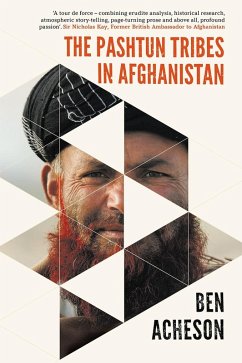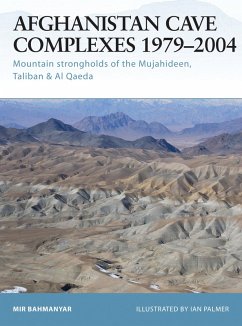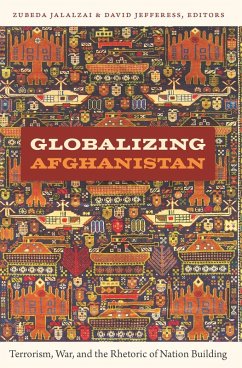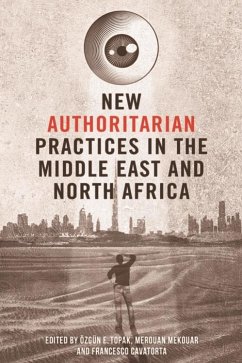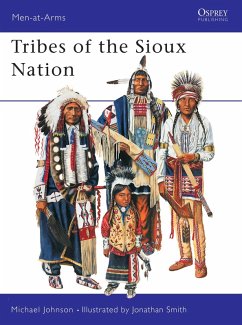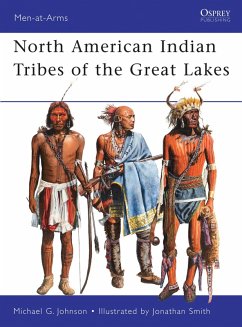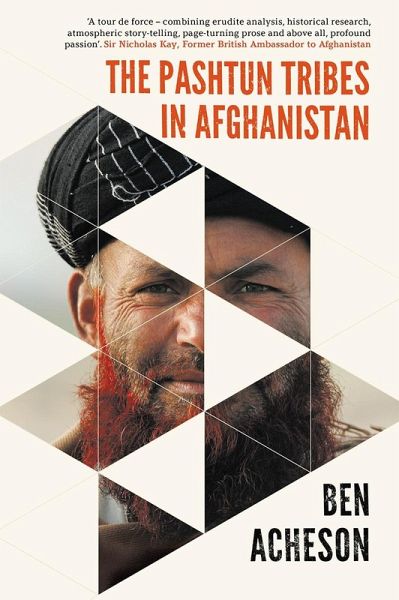
Pashtun Tribes in Afghanistan (eBook, PDF)
Versandkostenfrei!
Sofort per Download lieferbar
9,95 €
inkl. MwSt.
Weitere Ausgaben:

PAYBACK Punkte
5 °P sammeln!
'The Pashtun Tribes of Afghanistan is a tour de force - combining erudite analysis, historical research, atmospheric story-telling, page-turning prose and above all, profound passion.' - Sir Nicholas Kay, NATO Senior Civilian Representative in Afghanistan (2019-2020) & British Ambassador to Afghanistan (2017-2019)The abrupt withdrawal of US and NATO forces in 2021 ushered in a new era for Afghanistan. The subsequent Taliban takeover facilitated a reversion to some of the worst hallmarks of Afghanistan's past, including bans on women's education and other rights-related roll-backs. Navigating t...
'The Pashtun Tribes of Afghanistan is a tour de force - combining erudite analysis, historical research, atmospheric story-telling, page-turning prose and above all, profound passion.' - Sir Nicholas Kay, NATO Senior Civilian Representative in Afghanistan (2019-2020) & British Ambassador to Afghanistan (2017-2019)The abrupt withdrawal of US and NATO forces in 2021 ushered in a new era for Afghanistan. The subsequent Taliban takeover facilitated a reversion to some of the worst hallmarks of Afghanistan's past, including bans on women's education and other rights-related roll-backs. Navigating this new reality necessitates that more constructive relationships are built between Westerners and Afghans, particularly with the majority ethnicity - the Pashtun tribes.The Pashtun Tribes in Afghanistan: Wolves Among Men is the toolkit for doing so. It provides the knowledge needed to navigate a complex tribal environment. Framed by first-hand experience and balancing in-depth analysis with engaging anecdotes, it sheds light on the Pashtun way of life still enshrined in the ancient "Pashtunwali" honor code. It explains the tribal structure, tribal territories, historic battles, prominent figures and even Pashtun proverbs and poets. It also highlights how recent wars are destroying the tribal arena. Focusing on people rather than politics, this book unveils the layers, paradoxes and subtleties of the world's largest tribal society.On turning the final page, readers will understand the Pashtun brand of tribalism and how it influences Afghanistan today. They will be aware that tribal life has been permanently challenged but that the Pashtun identity remains intact - in psychology if not always in practice. They will recognize why Pashtuns are not a single entity and should not be treated as "one". The need to understand the tribes as they understand themselves will also be clear, particularly their concept of honor.This book illuminates why, from Alexander the Great to Winston Churchill, and even with the Taliban today, Pashtuns are still stereotyped as primitive, violence-prone barbarians. But were men like Rudyard Kipling right to characterize tribesmen as being "as unaccountable as the grey Wolf, who is his blood brother?"This book has the answer.
Dieser Download kann aus rechtlichen Gründen nur mit Rechnungsadresse in A, B, BG, CY, CZ, D, DK, EW, E, FIN, F, GR, HR, H, IRL, I, LT, L, LR, M, NL, PL, P, R, S, SLO, SK ausgeliefert werden.




